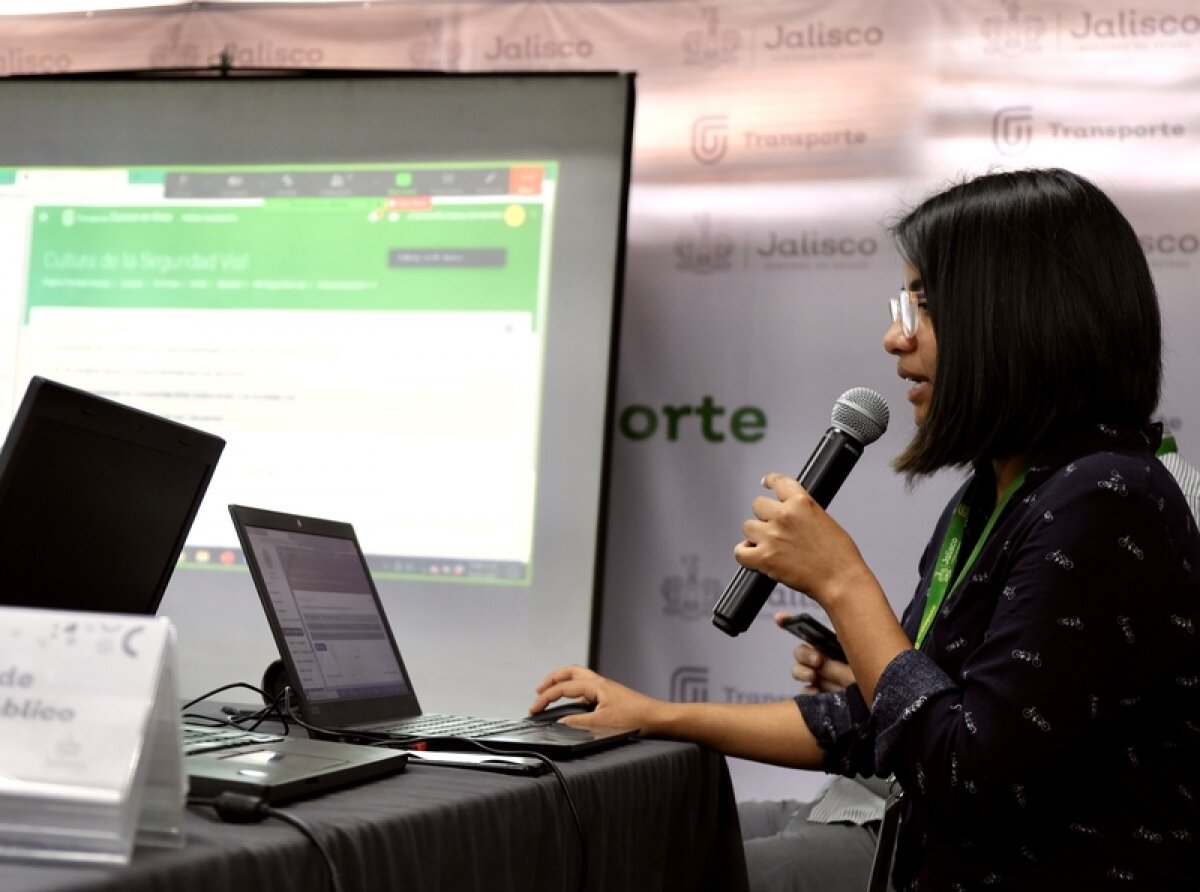As a further step in the facilities for obtaining driver's licenses, various groups involved in road safety participated in a workshop in which the platform was presented through which the courses can be applied virtually.
In this platform, underage applicants to obtain a provisional permit, as well as people who fail the theoretical or practical exam, will be able to apply their respective course. Subsequently, candidates for a license in all categories, that is, motorist, driver, or motorcyclist, will be able to do so.
The aim of the online course is to broaden the perception of risk involved in driving a motorized vehicle, and to develop the learning of basic knowledge about safe and sustainable mobility among applicants for new driver's licenses.
Among the benefits provided by this modality, innovation stands out. The risks of acts of corruption are reduced, it has more scope, and offers more flexibility because there is no place or fixed appointment, representing a continuous process of improvement.
The "Road Safety Culture" course can be completed in 2 to 3 hours, containing theoretical-practical and interactive exercises with a wide range of videos on the responsibility involved in driving a motor vehicle.
This course seeks to raise awareness about the main risk factors that cause traffic accidents, as well as their prevention, to inform about the priority and vulnerability of the different users of public roads, especially considering optimal safety conditions in vehicles and motorcycles, impart and evaluate knowledge about road signs, infrastructure, and safe driving techniques in risky situations, and to raise awareness about the privilege, responsibility, and obligations that obtaining a license entails.
This course is in its final stage of review, and may begin to be applied during the first days of next June.
The General Director of Road Safety, Saúl Alveano Aguerrebere, said that with this course firm steps are taken not only in theoretical aspects such as knowledge of laws, regulations, and signage, but also includes training in other factors such as vulnerability, responsibility, and fallibility, in order to prioritize the protection of the physical integrity of people.
The representatives of the groups participating in the workshop recognized the progress that this new way of applying the course means, its positive impact on awareness training, and the responsibility that is acquired in obtaining a driver's license.
Alma Chávez Guth, from the Victims of Road Violence Collective and also a member of the Citizen Mobility Observatory, highlighted the relevance of these types of tools to save lives and avoid serious injuries, as well as the importance of teaching them from an early age, because, he stressed, "the license is a privilege, not a right, and not obeying traffic regulations can have consequences, in some cases serious.”
In turn, Débora Semadeni from the group "Click; Fasten for Love," said that this modality will be better used by young people, and highlighted as another advantage that more emphasis is placed on risk factors such as speed and the safety belt.
This workshop was moderated by Rocío Espinoza Morquecho, Director of Road Research and Culture, Alejandro Rodríguez, from the Parents Association; Ana María Barajas, from the Jalisco Disabled Association; Laura Abisadai from Proacción por mi Comunidad and Laura Jiménez from the Safeguard Network.

